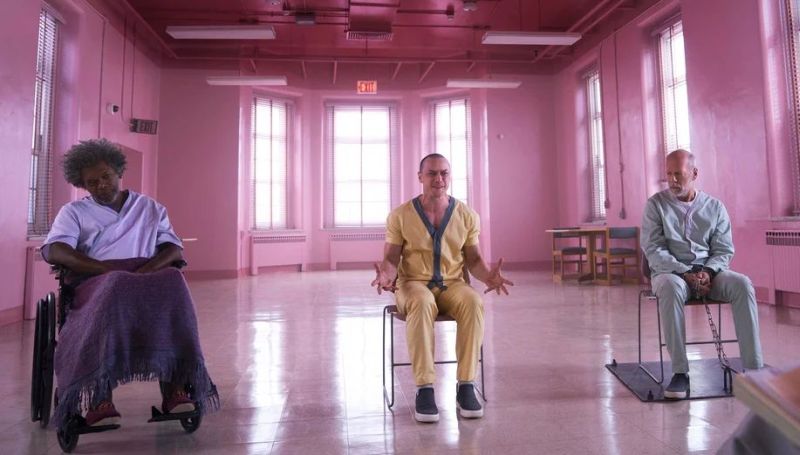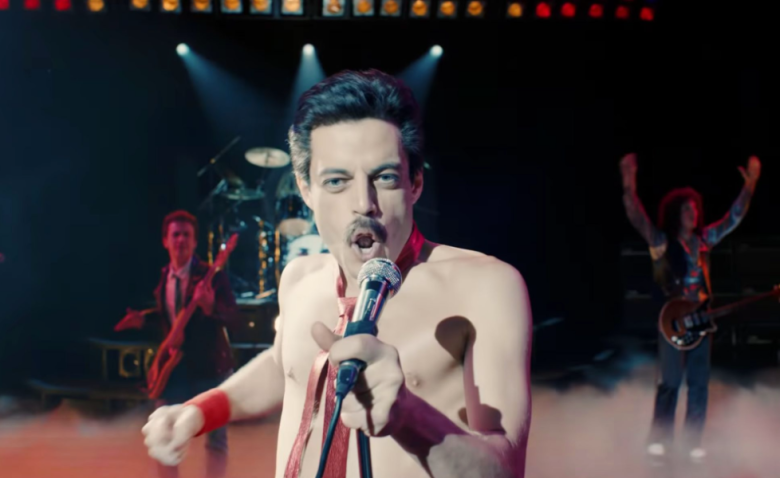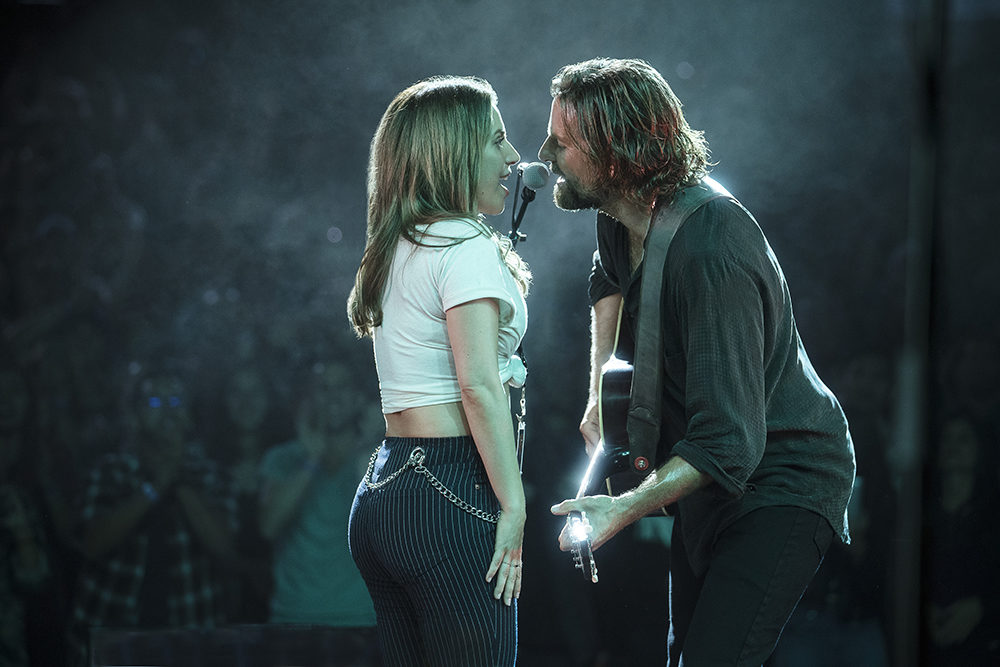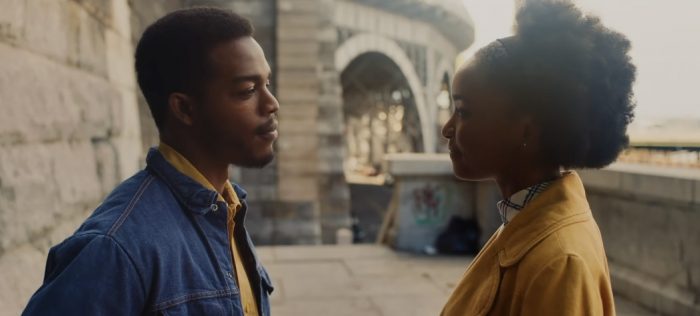Ranking Every TV Show of 2018: Part I

In the year of Our Lord, two thousand eighteen, I stopped watching The Walking Dead.
Now, as sinful confessions go, that may not seem all that damning. But as someone who’s spent the past five years of his life watching an inordinate amount of television, it seems significant that I at long last bailed on a program where I’d invested so much time (107 episodes!). And looking back on my TV viewing of 2018, I’m not sure what’s more disturbing: that I watched 93 different series in their entirety, or that this figure represented a 14% decrease from the 108 shows that I watched in 2017. It seems absurd that I can feel apologetic for failing to hit triple digits for the second straight year, but in the era of #PeakTV, too much is never enough.
The Walking Dead wasn’t the only casualty of my newfound choosiness. Typically, once I start a series, I stick with it until it dies, but this year I failed to make time for new seasons of a handful of floundering shows, including Hap and Leonard, House of Cards, Iron Fist, The Man in the High Castle, Outcast (ugh, Cinemax), The Path, and (most regrettably) Harlots. I also started watching a handful of new series—The Alienist, Black Lightning, Electric Dreams—only to stall out after 3–4 episodes. I wish I could have seen all of these, but #PeakTV has a cruel way of making time speed up; there are so many shows, and so few hours in which to watch them. Read More




